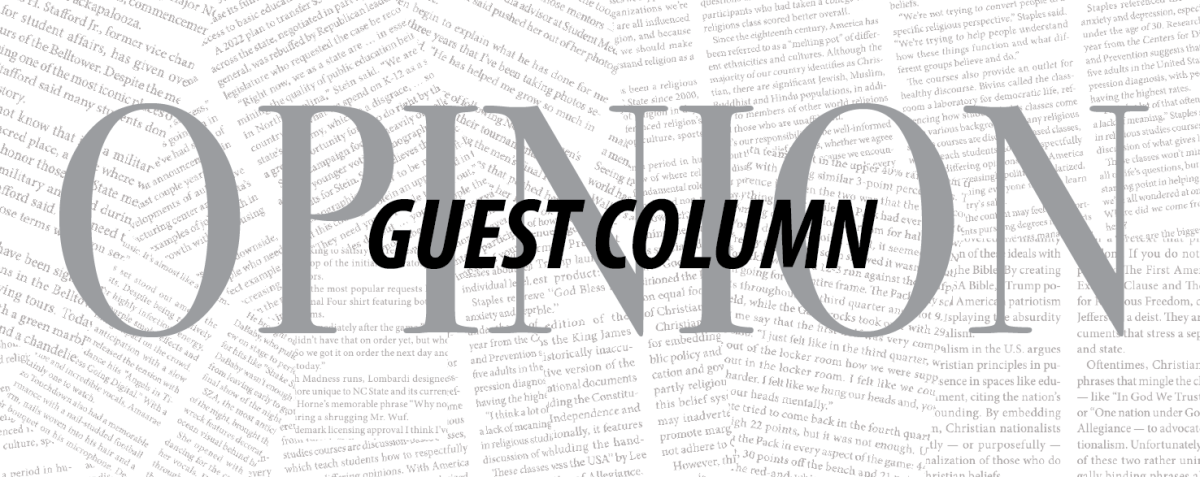With many classes in the fall moving to online services, there are questions to be asked regarding privacy concerns. All digital platforms raise concerns surrounding individual privacy; however, Zoom’s recent actions put it on a different playing field than other U.S.-based tech firms.
The NC State community should be alarmed that Zoom agreed with the demands of the Chinese government to shut down a meeting of pro-democracy activists. These activists were located in multiple countries across the world, including mainland China, for a meeting to commemorate the 31st anniversary of the Tiananmen Square massacre. Zoom admitted to cutting off the pro-democracy activists in “obedience to China.” Rather than apologize for shutting down this meeting and promising to no longer kowtow to the demands of an authoritarian regime, Zoom did the opposite. Zoom promised that in the future it would block mainland Chinese users from some meetings—those that offend the local laws of mainland China.
Zoom, an American-based company, has acquiesced to the demands of the Chinese Communist Party (CCP). Zoom has chosen to side with the demands of the CCP over our American values. One country, two systems.
Will our class discussions get blocked if we offend the CCP? Will our personal data, information and discussions be monitored by Beijing? Can NC State students and faculty trust Zoom video services? The US Senate, the US Navy and SpaceX, to name a few, do not trust Zoom.
Perhaps the best starting point is the following question: Would the CCP even bother to interfere in academic debates? Overwhelmingly, the answer is yes. The CCP has long seen higher education as a war against free and open inquiry and academic freedom. Recently in Australia, whose higher education economy relies heavily on foreign students, specifically those from mainland China, a pro-democracy student was suspended from his university for two years due to his protesting in favor of Hong Kong’s freedom.
College campuses have long prided themselves on debates within the classroom. If using Zoom means this freedom of speech in classroom debates is limited or cut off by an authoritarian nation, then Zoom is not an option.
NC State, who already has a troubling past relationship with the CCP (regarding the highly controversial Huawei Technologies), prides itself on freedom of academic thought. NC State should aim to continue to embolden academic freedom, but at this current moment, Zoom cannot guarantee that students and faculty will have such a right when using their services for classroom debate.
Zoom cannot be a supplier of higher education in the United States and an extended arm of the CCP at the same time. Much like Zoom, NC State must choose: American principles and academic freedom or kowtowing to the authoritarian CCP?
Using Zoom puts NC State students and faculty privacy at risk. So long as Zoom maintains its current stance it would be dangerous to use the platform for classes in the future. NC State has the chance to be a leader on this issue. I urge our community and campus leaders to cease using Zoom in the future until this issue is resolved. Anything else is a risk to our security, privacy and values.
Nora E. Hassan is a graduate student pursuing a master’s degree in International Studies.











